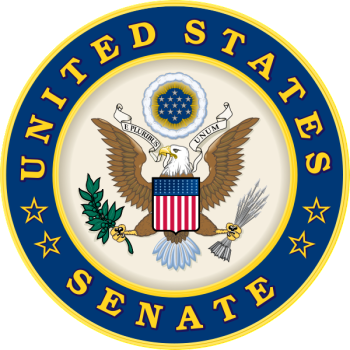Tag Archives: H.R. 200
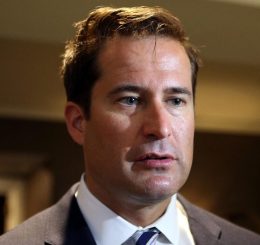
Moulton votes no on H.R. 200
U.S. Rep. Seth Moulton voted against the House bill to reauthorize the Magnuson-Stevens Act on Wednesday because the bill undermines efforts to improve the science used to generate stock assessments and pits fishing stakeholders against each other, the congressman said in a statement Friday.,,, “Over the past three years and through numerous conversations with fishermen, scientists and environmental groups, one thing has been made abundantly clear: We need to improve the science behind our federal stock assessments,” Moulton stated. “The reauthorization of Magnuson-Stevens undermines our efforts. We need everyone on the same page. We all want sustainable fisheries for today and future generations and we shouldn’t have to pit one group of fishermen against another to achieve that.”>click to read<09:04
“We have Fishermen in my District Fighting to Survive.” Rep. Zeldin House floor speech in support of Long Island fishermen
House of Representatives Rules Committee Hearing H.R. 200, 2083, 6157 – June 25, 2018
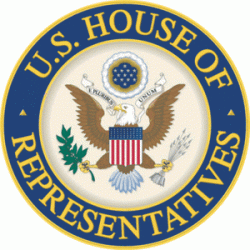
U.S. House set to vote on key fisheries bill, HR-200, Tuesday
It’s called the Strengthening Fishing Communities and Increasing Flexibility in Fisheries Management Act, or H.R. 200. It’s also referred to as the Modern Fish Act. Its author, Rep. Don Young, says the bill would update and improve the Magnuson Stevens Act, the primary law that guides federal fisheries regulators. “Reauthorizing the MSA will ensure a proper balance between the biological needs of fish stocks and the economic needs of fishermen and coastal communities,” Young said after the House Natural Resources Committee approved his bill in December. “MSA has not been reauthorized since 2006. It is long past time for this Congress to act and support our nation’s fisheries.” >click to read< Read the HR-200 Bill->click here< 08:39
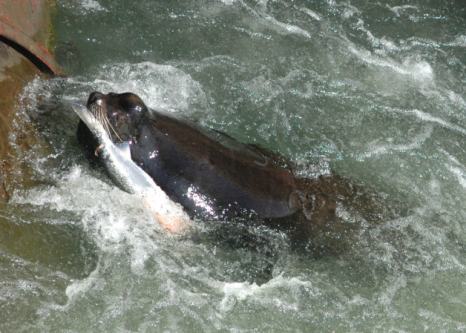
Fishing for solutions through legislation
The United States Congress is currently considering legislation that could affect the management of fisheries in the Northwest and directly impact local fishing. One of the bills being considered addresses the issue of sea lion predation on endangered stocks of salmon and steelhead. Another would effectively reverse a recent judge’s decision to increase spill at Columbia River and Snake River dams to improve downstream migration. There are also two bills that would amend the Magnuson-Stevens act, which regulates ocean fisheries. The Endangered Salmon and Fisheries Predation Prevention Act, or H.R. 2083, would amend the Marine Mammal Protection Act of 1972., H.R. 3144, H.R. 2023, H.R. 200 >click to read<09:00
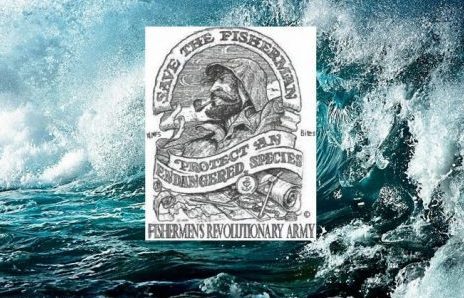
Nil’s Stolpe writes, The Magnuson-Stevens amendment I want under the Christmas tree
OVERFISHING! This has become one of the oceans branch of the doom and gloom prognisticator’s (aka Environmental Non Governmental Organizations or ENGOs) principal calls for alms. To wit, they have collectively raked in hundreds of millions of dollars from big business-supported foundations and trusting members of the public to persecute (generally commercial) fishermen who they preach are the cause of “overfishing,” the major threat to the sanctity of the oceans. (I’ll note here that the Pew “Charitable” Trusts was the multibillion dollar foundation that initiated the war on fishermen.) This purposeful misuse of the term “overfishing” has been one of the most subtle and most effective weapons in the anti-fishing activists’ arsenal. Nils Stolpe FishNetUSA >click to read< 18:00
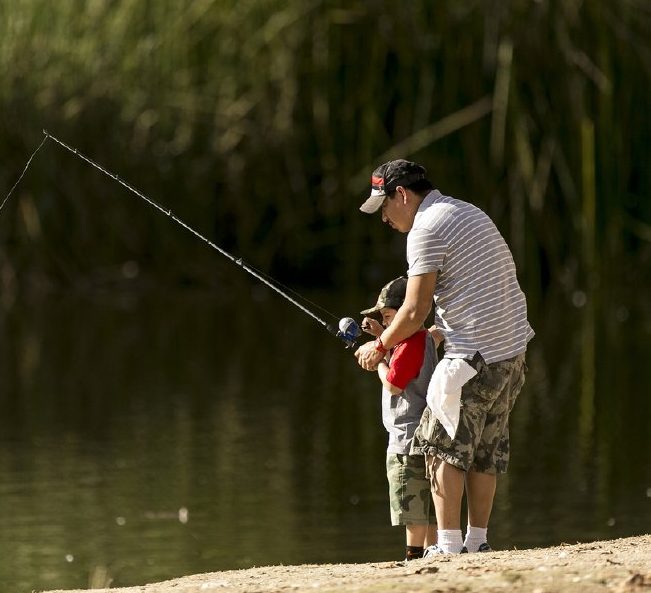
H.R. 200 – More than one way to manage the nation’s fisheries
For the first time ever, reauthorization of the nation’s overarching marine fishery management law will take into account concerns of America’s recreational anglers. In mid-December, the U.S. House Committee on Natural Resources approved H.R. 200, a bill sponsored by Rep. Don Young, R-Alaska, amending the 1976 Magnuson-Stevens Fishery Conservation and Management Act. While the vast majority of the public hails progress on the bill as long overdue, an unusual coalition of environmentalists and commercial fishing entities has roundly condemned it, feverishly depicting the bill as an attack on the oceans and a threat to the future of the nation’s marine resources. >click here to read< 20:57
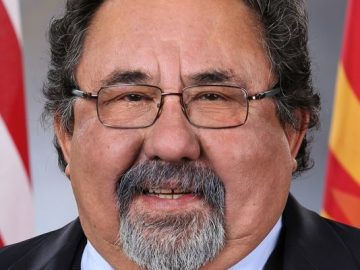
Full Committee Markup on 15 Bills – Magnuson Stevens HR 200 Advances, But Not Without a Fight
House Natural Resources Committee on Wednesday advanced out of committee revisions to the Magnuson-Stevens Act (H.R. 200 (115)) governing marine fishing and management in federal waters. The law is intended to prevent overfishing, but several conservation groups and Democrats are critical of the way it was written. Only three out of 12 amendments to the bill passed, and the bill moved out of committee on a party-line vote, your host reports. Rep. Raúl Grijalva (D-Ariz.), who voted against it, called it a plan to “deregulate our oceans and fish everywhere until there’s nothing left.” click here to read the story Watch the hearing click here 15:30
Who gets the fish? Support H.R. 200 – The “Strengthening Fishing Communities and Increasing Flexibility in Fisheries Management Act”
 Capt. Chuck Guilford has been searching the waters of the Gulf of Mexico for the bounty of the sea for 41 years. When Guilford started his career as charter boat captain and commercial fisherman there wasn’t a National Marine Fisheries Service (NMFS) and he said the fisherman handled the fishery themselves. Now Guilford feels as if he has no control. He used to go to the meetings of the NMFS as far away as Washington D.C., but he’s missed the last two. “I haven’t attended last two meetings because it was a waste of my dollars and my time,” Guilford said. “I have finally come to the conclusion after 10 years of attending meeting, that when the Marine Fisheries Council has a meeting they have already decided what they are going to do.” Some of Guilford’s concerns may soon be answered. The “Strengthening Fishing Communities and Increasing Flexibility in Fisheries Management Act” or H.R. 200 would amend the “Magnuson-Stevens Act” which is currently the law of the fisheries. The amendment would have NMFS take in account the economic costs of regulation, allow for greater community involvement, greater transparency in procedure and collected data, a limitation on future catch-share programs, and independent privately funded fish stock assessment to be used when available. click here to read this article, and contact your representative and TELL them to support HR 200 07:24
Capt. Chuck Guilford has been searching the waters of the Gulf of Mexico for the bounty of the sea for 41 years. When Guilford started his career as charter boat captain and commercial fisherman there wasn’t a National Marine Fisheries Service (NMFS) and he said the fisherman handled the fishery themselves. Now Guilford feels as if he has no control. He used to go to the meetings of the NMFS as far away as Washington D.C., but he’s missed the last two. “I haven’t attended last two meetings because it was a waste of my dollars and my time,” Guilford said. “I have finally come to the conclusion after 10 years of attending meeting, that when the Marine Fisheries Council has a meeting they have already decided what they are going to do.” Some of Guilford’s concerns may soon be answered. The “Strengthening Fishing Communities and Increasing Flexibility in Fisheries Management Act” or H.R. 200 would amend the “Magnuson-Stevens Act” which is currently the law of the fisheries. The amendment would have NMFS take in account the economic costs of regulation, allow for greater community involvement, greater transparency in procedure and collected data, a limitation on future catch-share programs, and independent privately funded fish stock assessment to be used when available. click here to read this article, and contact your representative and TELL them to support HR 200 07:24








